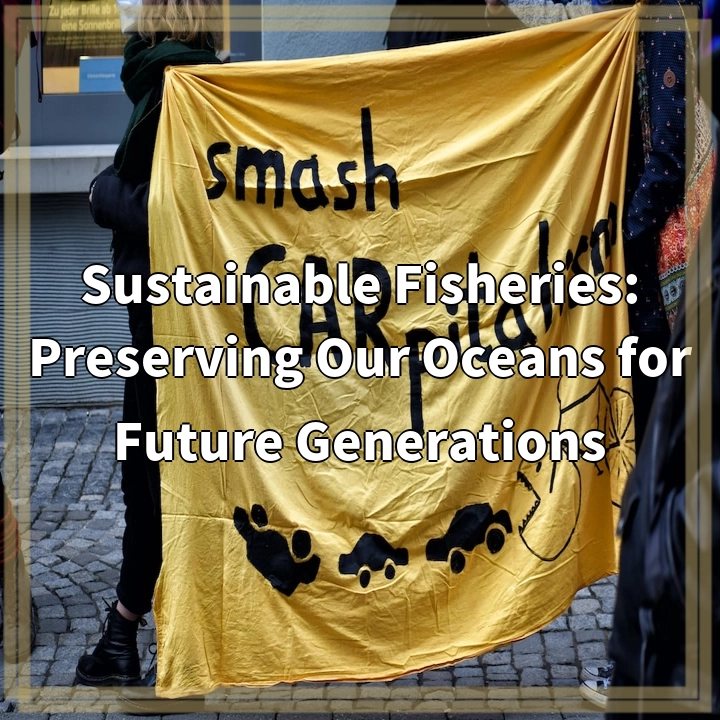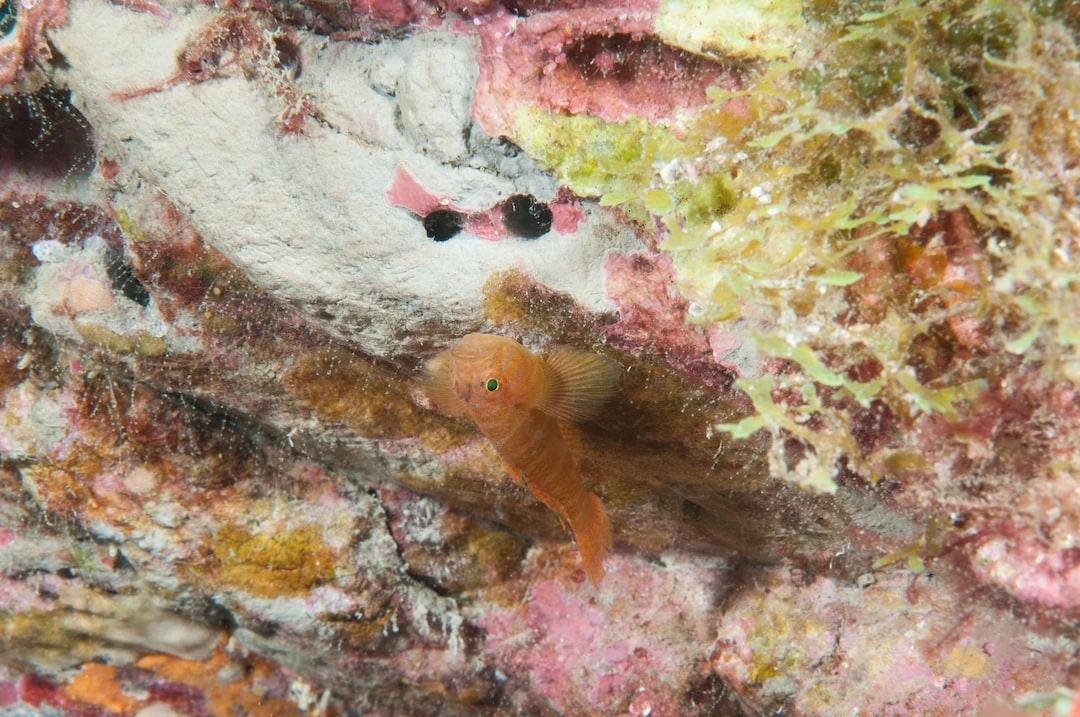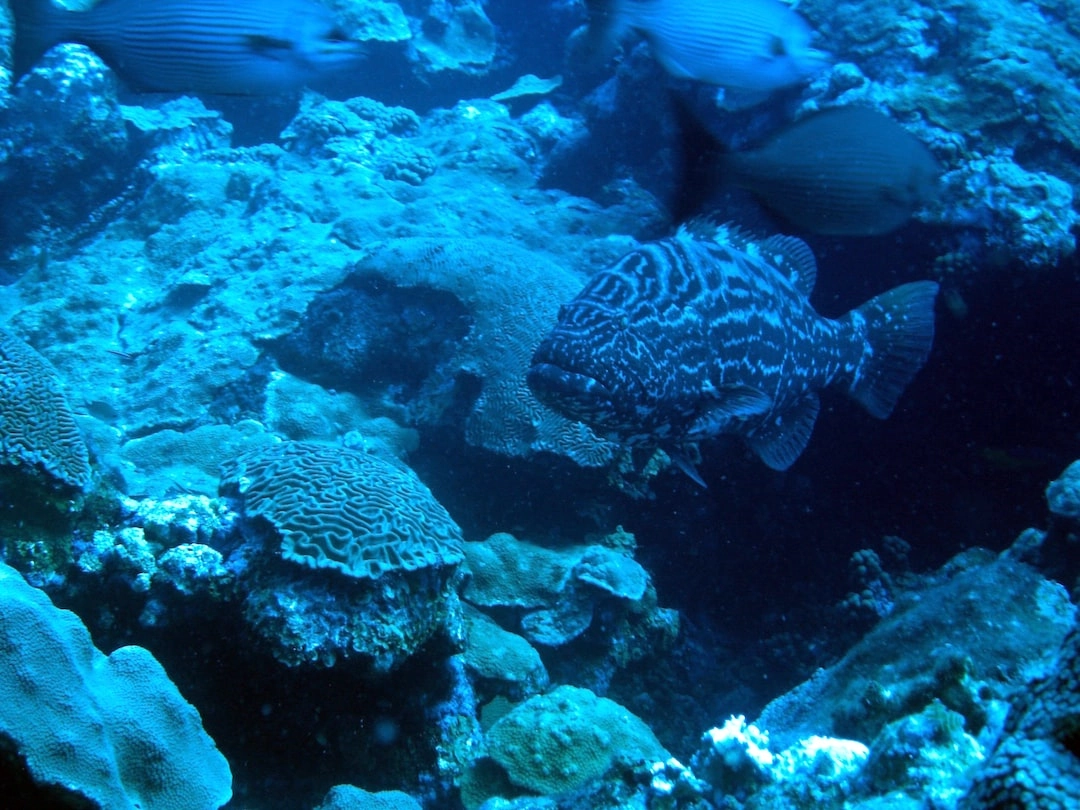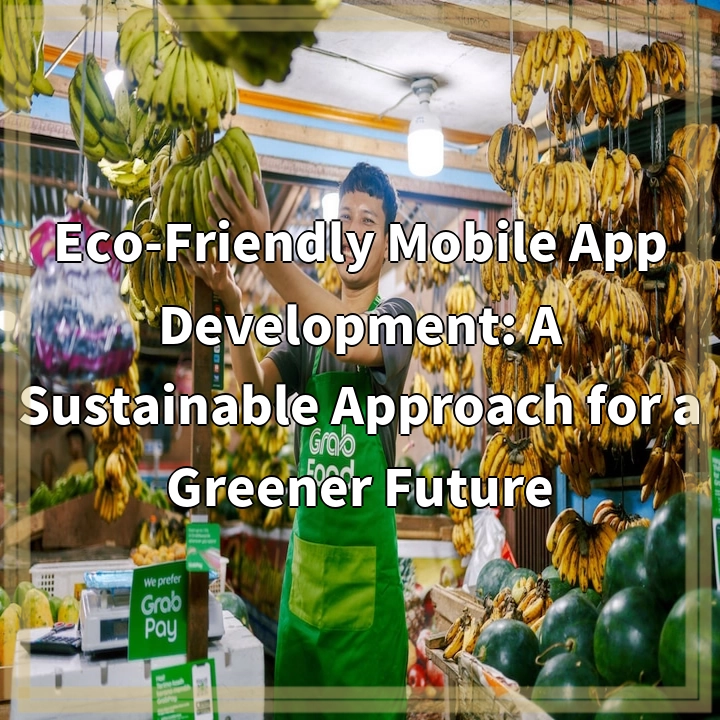
What is Sustainable Fisheries?
Sustainable fisheries refer to the management and harvesting of fish populations in a way that ensures the long-term viability of the species, while also minimizing environmental impact and supporting the livelihoods of fishing communities. This approach aims to balance the needs of the environment, economy, and society, promoting responsible fishing practices for present and future generations.
Real-World Problems Associated with Sustainable Fisheries
Overfishing
One of the biggest challenges in achieving sustainable fisheries is overfishing. Overfishing occurs when fish are captured at a faster rate than they can reproduce, leading to a decline in fish populations. This threatens the ecological balance of marine ecosystems and depletes fish stocks, making it difficult for these populations to recover.
Bycatch
Bycatch is another significant problem in sustainable fisheries. It refers to the unintentional capture of non-target species, such as marine mammals, sea turtles, and seabirds, during fishing operations. Bycatch can cause significant harm to these species, leading to population declines and ecosystem imbalances.
Habitat Destruction
Fishing practices, such as bottom trawling or the use of destructive fishing gear, can cause severe damage to marine habitats. Reef systems, coral reefs, seafloor structures, and other sensitive habitats are often destroyed or damaged, leading to the loss of crucial biodiversity and disruption of entire ecosystems.
Illegal, Unreported, and Unregulated (IUU) Fishing
IUU fishing poses a significant challenge to sustainable fisheries. This refers to fishing activities that are conducted without proper authorization, not accurately reported, or in violation of conservation and management measures. IUU fishing undermines conservation efforts, threatens fish stocks, and negatively impacts legitimate fishing operations.
Addressing these real-world problems is crucial to ensure the long-term sustainability of our fisheries and safeguard the health of our oceans. Through effective policy measures, innovative fishing techniques, and increased collaboration among stakeholders, we can strive towards preserving our oceans for future generations.

Solutions for Sustainable Fisheries
1. Implementing Science-Based Fisheries Management
One key solution is to establish science-based fisheries management strategies. These strategies involve setting catch limits and quotas based on comprehensive scientific assessments of fish populations. By following scientific recommendations, fisheries can ensure sustainable harvest levels that allow fish stocks to recover and thrive.
2. Reducing Bycatch Through Selective Fishing Gear
To address the issue of bycatch, implementing selective fishing gear can significantly minimize unintended capture of non-target species. Innovations like escape panels, modified hooks, and acoustic deterrents can help avoid the accidental entanglement or capture of vulnerable marine species, ensuring their protection while allowing for targeted fishing operations.
3. Protecting Critical Habitat and Ecosystems
To combat habitat destruction, it is essential to establish marine protected areas (MPAs) that conserve critical habitats and ecosystems. MPAs act as sanctuaries for marine life, prohibiting or regulating fishing activities in sensitive areas. Additionally, promoting sustainable fishing practices, such as avoiding bottom trawling or using gear modifications, can help minimize damage to essential habitats.
4. Strengthening International Cooperation and Enforcement
Addressing illegal, unreported, and unregulated (IUU) fishing requires enhanced international cooperation and enforcement efforts. Collaborating on surveillance, information sharing, and implementing robust monitoring systems can help detect and deter IUU fishing practices, ensuring that fisheries are managed sustainable and lawfully.
By implementing these solutions, we can work towards achieving sustainable fisheries, supporting the health of our oceans, and securing the livelihoods of fishing communities for generations to come.















